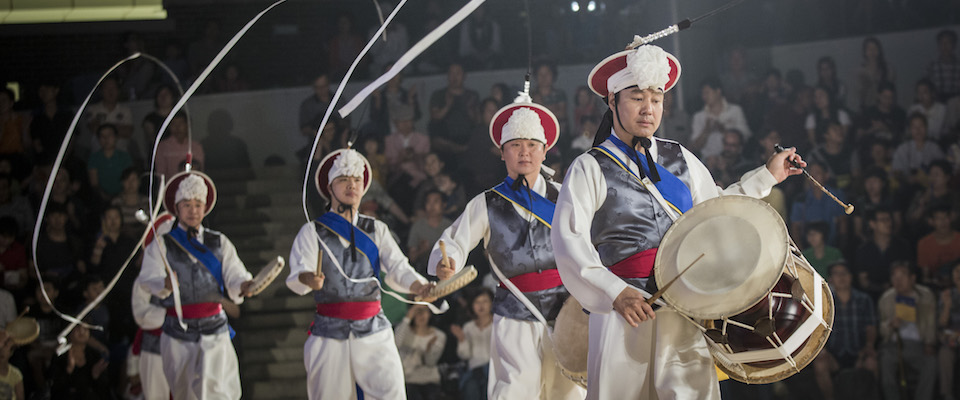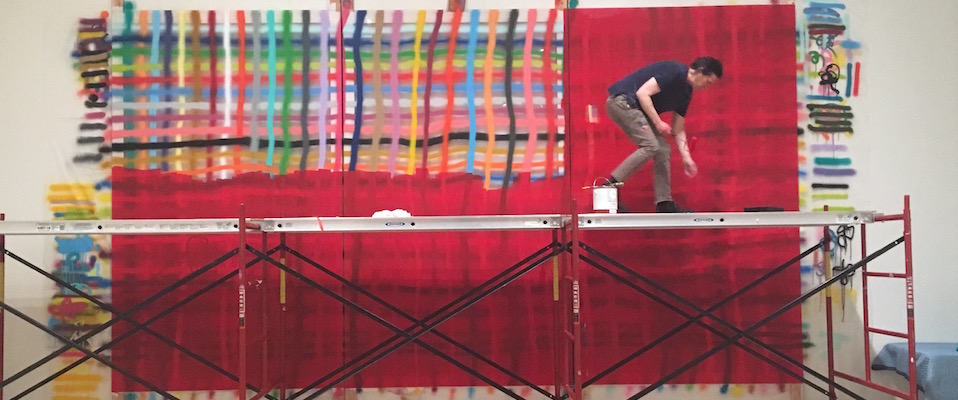For a young composer, it can be difficult not to seem derivative. The problem is getting beyond one’s background and influences. Caroline Shaw, who won the 2013 Pulitzer Prize for musical composition, faces this dilemma head-on. In her composition notes she often explains which work formed the grounding of a piece. She acknowledges when inspiration for a piece came from Chopin or Hayden.
Influences are less of a problem in other Shaw works. Take her award-winning “Partita for 8 voices,” written specifically for the vocal ensemble she performs with, Roomful of Teeth (whose debut album just won a Grammy). That one was inspired by a drawing, specifically conceptual artist Sol Le Witt’s Wall Drawing 305.
Other pieces, she says, are inspired by the poet T.S. Elliot, and in the case of “Punctum,” literary theorist and critic Rolande Barthes. On Thursday, April 10 at 5 p.m., Shaw will be in 220 Stephens Hall for a dramatic staging and “performance preview” of the latter. First written for string quartet it is now being developed as a “voiceless opera,” commissioned by Opera Cabal and staged by Majel Connery, founder of Opera Cabal and a visiting music professor at Berkeley. Shaw’s notes call it an “exercise in nostalgia” inspired by Barthes’s 1980 book Camera Lucida, written after his mother’s death, as well as by “the sensation of a particular secondary dominant in Bach’s St. Matthew Passion.”
The half-hour performance will be followed by an hour-long panel discussion with Shaw, Connery, Mary Ann Smart of the Music Department, and Catherine Cole, chair of the Theater, Dance and Performance Studies Department, ending with the inevitable wine and cheese.
If once isn’t enough, you can catch Shaw and Connery at the Center for New Music and Audio Technologies Friday morning.



















